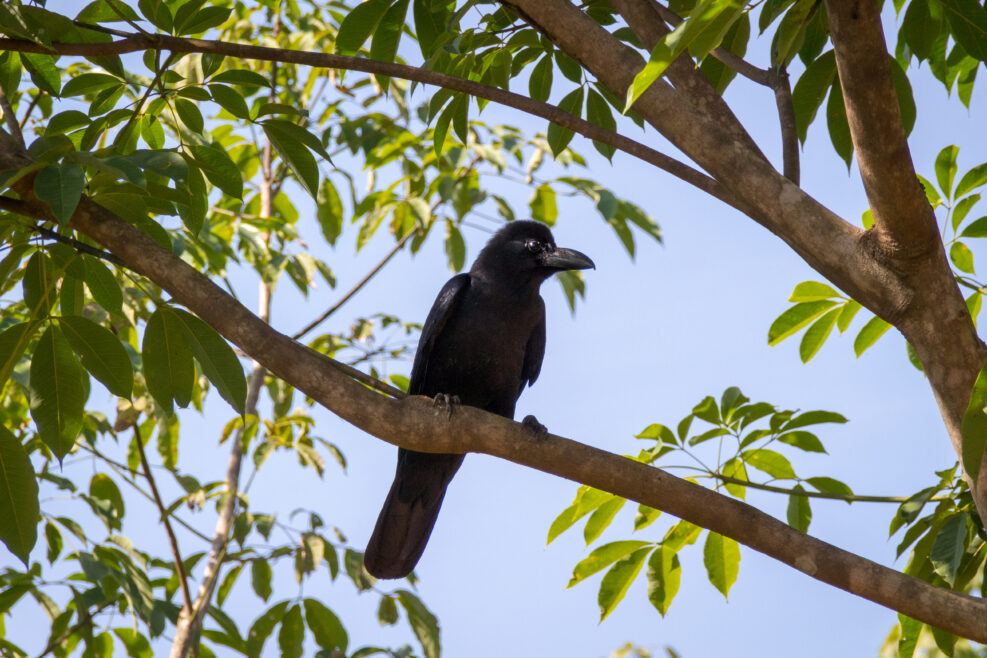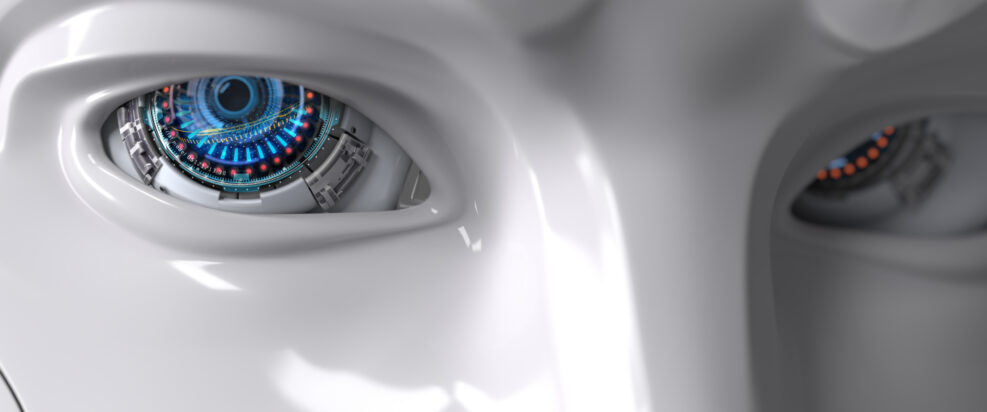
We Knew Crows Were Smart But They Turn Out To Be Even Smarter
We are only beginning to scratch the surface of the mysteries of animal intelligenceRecently, some researchers have claimed that crows — already known to be smart — are even conscious: Nieder’s experiment showed that the birds were actively evaluating how to solve a particular problem they were confronted with. In effect, they were thinking it over. This ability to consciously assess a problem is associated with the cerebral cortex in the brains of humans. But birds have no cerebral cortex. Nieder found that in crows, thinking occurs in the pallium—the layers of gray and white matter covering the upper surface of the cerebrum in vertebrates. Other studies support the notion that the bird brain can, in principle, support the development of higher intelligence. This idea had been dismissed in the past due to Read More ›











